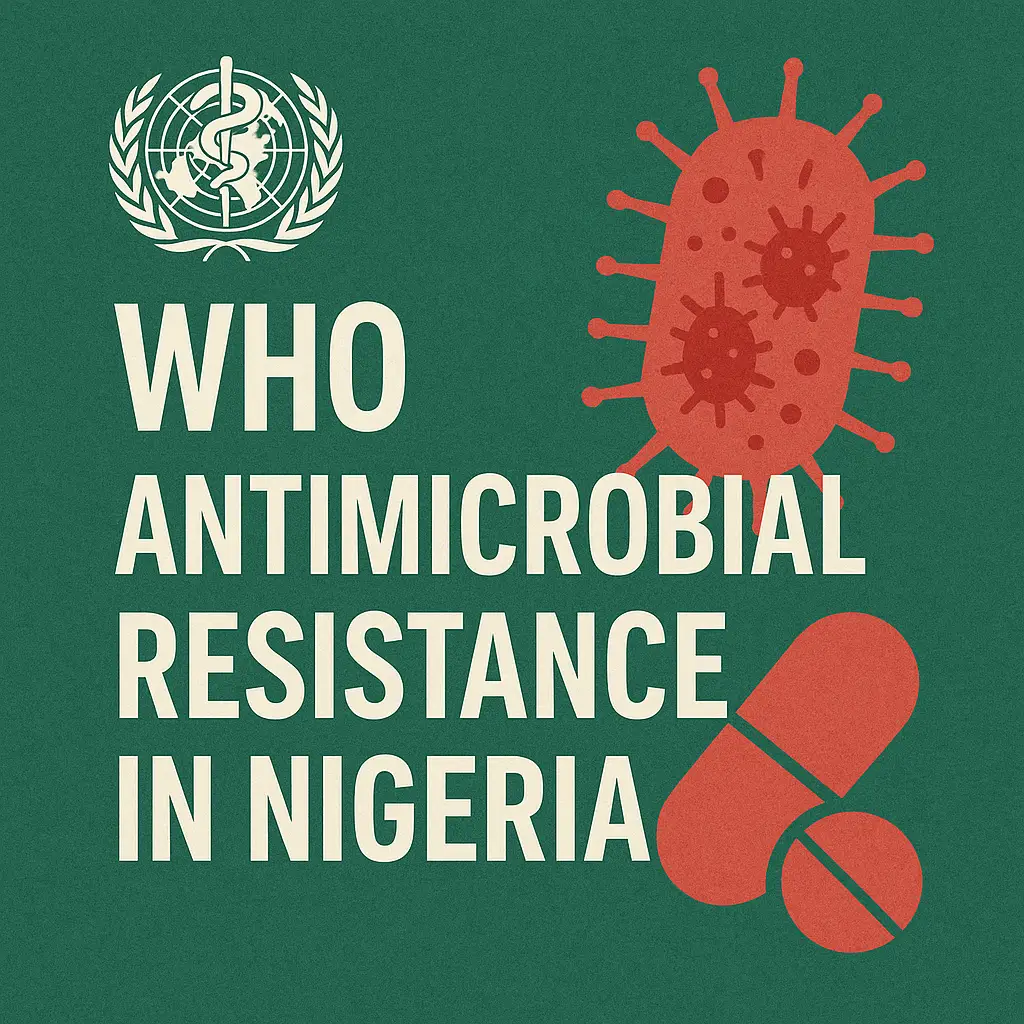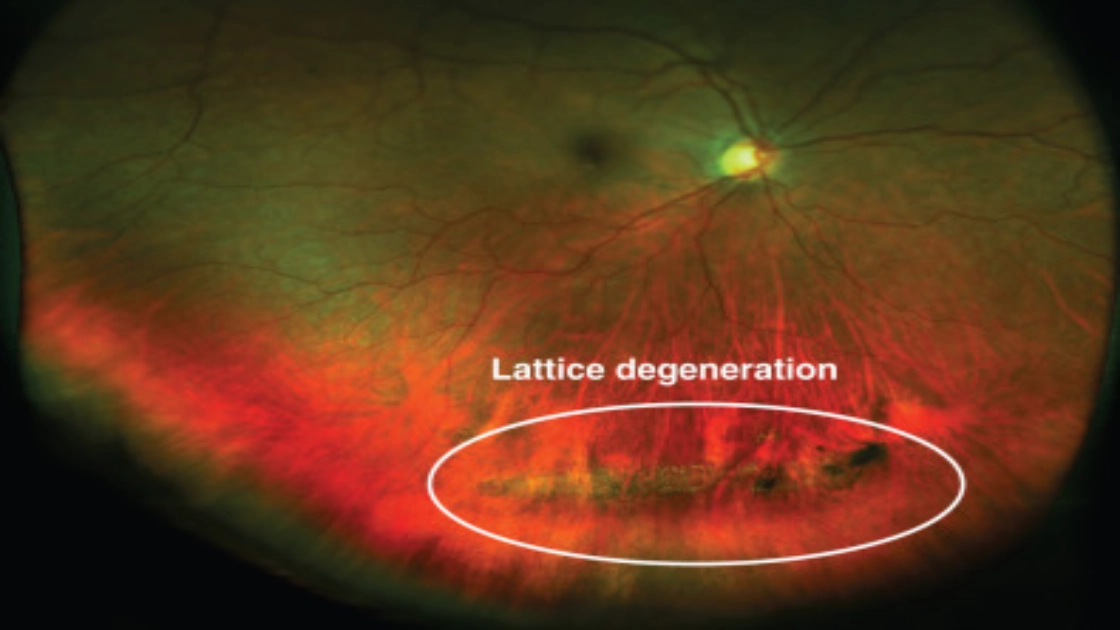Why does autism arise?
What specifically causes autism is unknown. Numerous variables, such as brain development and genetics, might be responsible.
Children with autism typically have faster-than-average brain growth in their early years, particularly in the first three years of life. We are unsure of the cause of this quick expansion. However, research indicates that some brain regions interact with one another in an unusual manner in children with autism.
There is compelling evidence that autism has a genetic foundation. However, it seems doubtful that autism is caused by a single gene. The likelihood of many genes combining and acting together is higher. Numerous potential genes that might contribute to the development of autism have been discovered by researchers.
Indicators of Autism
Early indications of autism often manifest before the age of two.
During the initial year of life, there are variations in how children acquire their social and communicative skills. Children who are subsequently diagnosed with autism, for instance, may:
- Not return a grin to other individuals
- Not utilize gestures or make eye contact.
- As kids become older and are supposed to start interacting and playing with other kids, autism symptoms start to show more prominently throughout this stage.
For instance, kids with autism may:
- play indifferently with other kids, mimic what they hear, and speak in an odd tone of voice.
- While some children show few early indications, others show many.
- The amount of symptoms varies based on the age of the children and how autism affects their daily life.
When kids struggle to make friends, comprehend and follow directions, or have hobbies that are suitable for their age, it might be an indication that they are autistic. This is especially true for older kids and teens.
Diagnosis of Autism
Though it can be diagnosed as early as 12 to 18 months, autism is often identified about 2 years of age.
A multidisciplinary examination, which includes testing and evaluation of the kid by several specialists and professionals, is typically required for a diagnosis.
A pediatrician, a Child Psychologist, a speech pathologist, and occasionally a psychiatrist make up a multidisciplinary team. It may also comprise additional medical specialists, such as an occupational therapist.
These experts may evaluate a youngster simultaneously and at the same location. Alternatively, they might conduct individual evaluations at various locations across time. In the event that this method of evaluation is used, the experts will exchange and talk about their findings.
A single test does not exist for autism. Rather, diagnosis is predicated on:
- Examining children’s developmental history or how children have developed in the past, by interviewing parents; seeing how children play and interact with others, or how children are growing currently.
- Children with autism spectrum disorder will be diagnosed. Support levels, which vary from “requiring support” to “requiring very substantial support,” will be included in the diagnostic. These levels demonstrate the degree of assistance that kids require for limited, repetitive, and/or sensory behaviors, as well as social and communication abilities.
The linguistic and cognitive skills of youngsters will also be evaluated by medical specialists.
Instead of being labeled with autism spectrum condition, children who solely exhibit difficulty in social communication may be diagnosed with social communication disorder.
What to do if you’re worried about your child’s development?
See your general practitioner (GP) or child and family health nurse for a developmental evaluation if you have concerns about your child’s development. Getting your kid assessed and diagnosed is the first step toward receiving assistance and programs that are appropriate for their needs.
Seeking support and assistance as soon as you can is crucial. The greatest approach to support and nurture autistic children in their development is through early therapy. This is because they can assist autistic kids in acquiring the abilities required for daily tasks. Early intervention can sometimes reduce or eliminate a child’s need for help as they become older.
Three essential traits are present in children with autism.
- Inability to engage and communicate with people
For instance, kids could:
- Don’t look someone in the eye to attract their attention.
- Not communicate with words or gestures, be perplexed by language, and interpret things literally.
- narrow passions
- For instance, kids might exclusively play with vehicles or gather sticks.
- Recurring actions
For instance, kids could:
- Produce monotonous sounds such as groans, throat clearing, or screeching; do monotonous motions such as body rocking or hand flapping; perform actions such as continuously flipping a light switch.
- Additional features
Children with autism may also exhibit either an excessive or insufficient sensitivity to taste, touch, sight, and sound. For instance, they may:
- be easily agitated by specific noises
- consume just specific types of food
- Look for vibrating items, such as the washing machine, and watch the light flicker by fluttering fingers to the side of their eyes.
Youngsters with autism exhibit these traits because their brains have grown in a way that is distinct from that of other youngsters.
Conclusion
When discussing autism and its treatment, TalktoAngel is the best online counselling platform that helps in controlling the behavior of an autistic child and thus helping them in overall development of their future and well being.
TalktoAngel have the best Child Psychologists that are well trained to handle child with autism and you can provide therapy to your child in the comfort of your home. If you are looking for a Child Psychologist for your child you can choose TalktoAngel
Author Bio:
Dr. R K Suri is a trained professional chartered Clinical Psychologist, having more than 36 years of experience in hypnotherapy, psychoanalysis, neuropsychological assessment, career counselling, and relationship management. Has been providing career counselling globally and has been providing counselling at IITs, IIMs, and SPAs, for admission to Universities in the US, UK, Australia, etc.















Leave a Reply